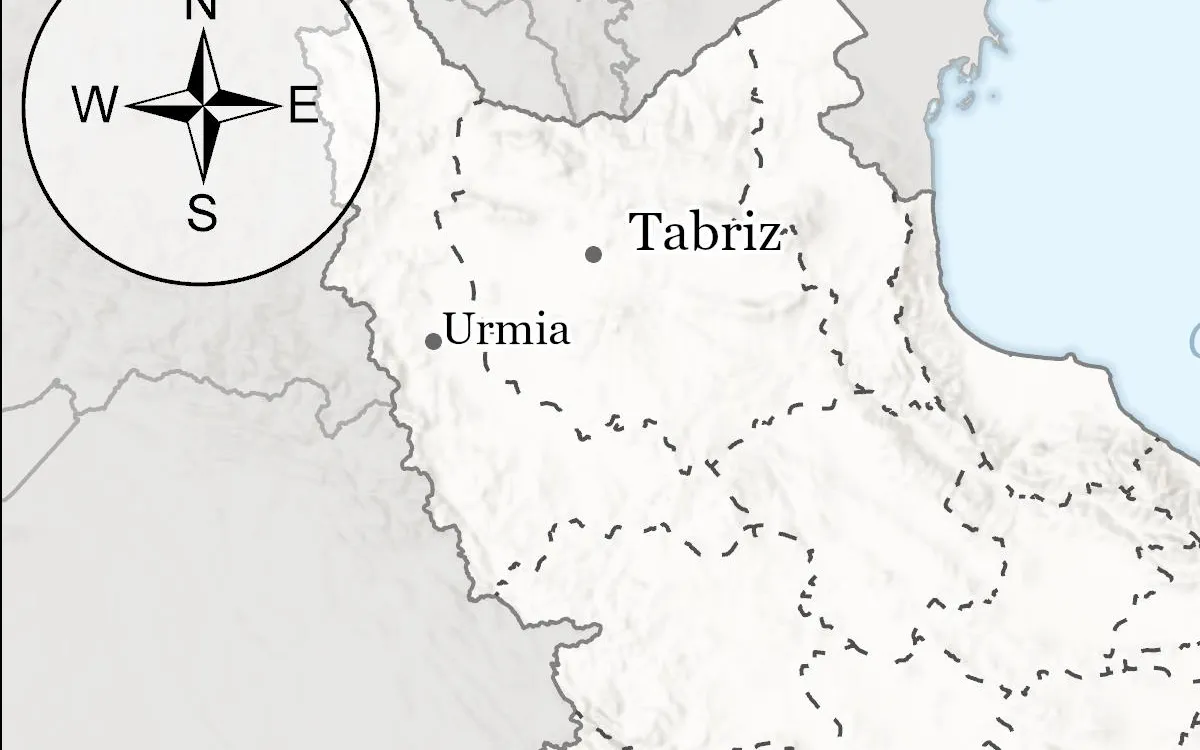
The Critical Threats Project (CTP) at the American Enterprise Institute and the Institute for the Study of War (ISW) provide multiple updates daily, offering in-depth analysis on the ongoing war with Iran. The morning update highlights the recent exchange of fire between Iran and Israel, while the evening update delivers a comprehensive overview of events from the past 24 hours, refining the details discussed earlier.
Iran is strategically attempting to impose a dilemma on both the United States and the international community: either accept Iranian terms in ongoing nuclear negotiations or face the arduous challenge of locating hidden Iranian nuclear materials. This approach appears designed to fortify Iran’s nuclear program against any efforts of destruction, either by securing an agreement that permits continued enrichment or by concealing nuclear materials, complicating any future U.S. or Israeli interventions.
In a revealing interview on June 20, Islamic Revolutionary Guards Corps (IRGC) Major General Mohsen Rezaei stated that Iran has moved its enriched materials to secure locations, suggesting that the complete destruction of Iran’s nuclear capabilities would be an extensive and potentially futile endeavor. This assertion likely aims to prompt Western powers to negotiate with Iran under its terms, as Iranian officials continue to express a desire for a nuclear deal without wavering on their position regarding uranium enrichment.
Despite Iran’s interest in pursuing negotiations with the U.S., it remains steadfast in its demand for the right to enrich uranium, a position that has been a significant point of contention for both the U.S. and Israel. The ongoing negotiations have hit a deadlock, with U.S. and Israeli officials adamantly rejecting Iranian terms that would allow for enrichment on Iranian soil.
On June 12, Israel launched an air campaign aimed at degrading and dismantling the threat posed by Iranian weaponization of its nuclear program. Israeli officials have made it clear that any Iranian enrichment activities are considered a red line, leading to heightened tensions in the region.
U.S. President Donald Trump has indicated a potential air campaign targeting Iranian nuclear infrastructure if Iran does not comply with U.S. demands for zero enrichment. Alongside European partners, the U.S. has demanded that Iran accept strict limits on its ballistic missile program and cease its support for proxy forces in the region.
Recent diplomatic efforts have included meetings in Switzerland between representatives from France, Germany, the UK, and Iranian Foreign Affairs Minister Abbas Araghchi. However, these discussions have yielded little progress, as Araghchi has rejected European calls to resume negotiations until Israel halts its air operations.
In a notable development, the USS Nimitz carrier strike group is expected to arrive in the CENTCOM area of responsibility by June 22. This deployment, which comes ahead of schedule, reinforces U.S. military capabilities in the region amid rising tensions. Additionally, five guided missile destroyers have been positioned in the eastern Mediterranean, providing critical support for Israel’s missile defense.
Amid these developments, Iranian-backed Iraqi militias are actively working to deter U.S. involvement in the conflict by threatening to expand hostilities. These militias have warned of potential attacks on U.S. forces and regional interests should the U.S. engage further in the conflict. Their threats appear to be a strategic move, aiming to exploit concerns within the West regarding the implications of a prolonged war in the Middle East.
Spokesperson Abu Ali al Askari of Kataib Hezbollah has declared that any U.S. participation would lead to attacks on U.S. bases and could jeopardize the stability of Gulf states, thereby attempting to pressure these nations to discourage U.S. engagement.
Rafael Grossi, Director of the International Atomic Energy Agency (IAEA), has expressed grave concerns over the degradation of nuclear security at Iranian facilities due to Israeli strikes. During a presentation to the United Nations Security Council, Grossi highlighted that continued airstrikes could lead to severe radiological leaks, endangering surrounding populations.
Grossi reported that recent Israeli attacks on the Natanz enrichment site and other facilities have caused significant damage, threatening the integrity of Iran’s nuclear infrastructure. He cautioned that any assault on the Bushehr Nuclear Power Plant could result in a catastrophic release of radioactivity, necessitating the evacuation of nearby populations.
As the situation evolves, the potential for further conflict remains high, with both sides entrenched in their positions and the international community closely monitoring developments.